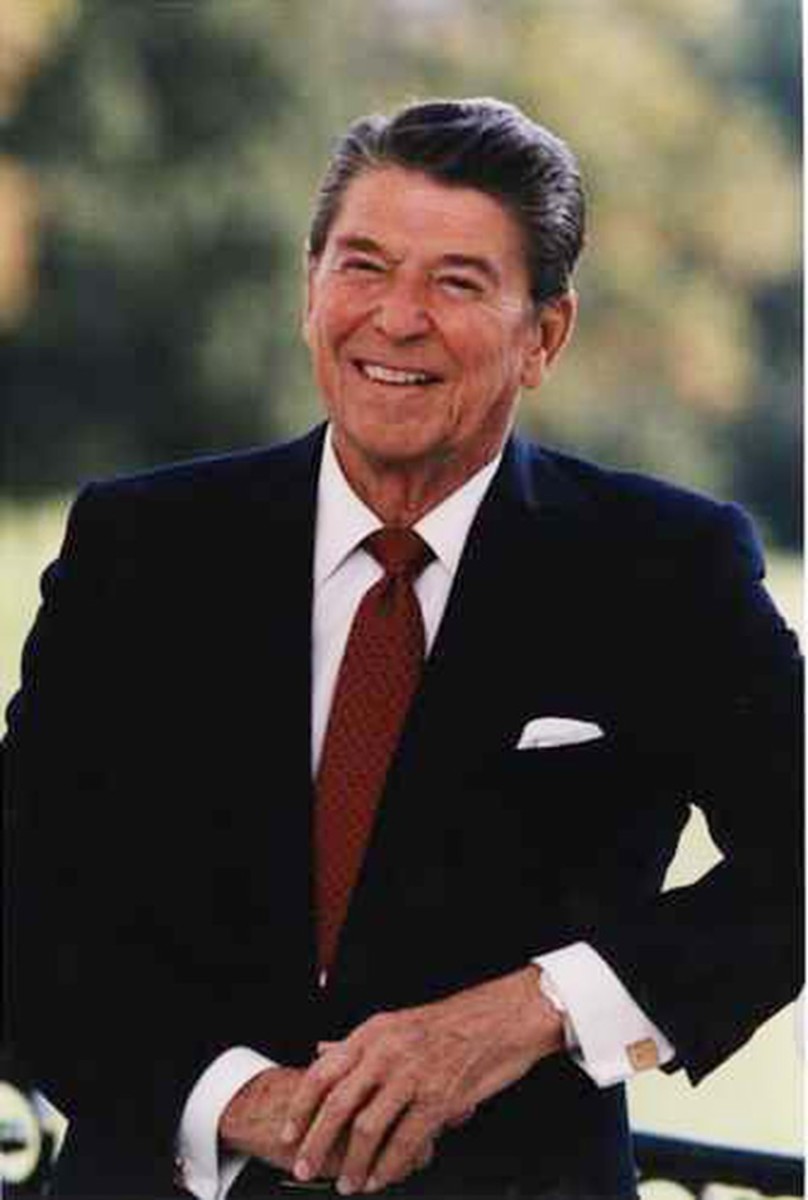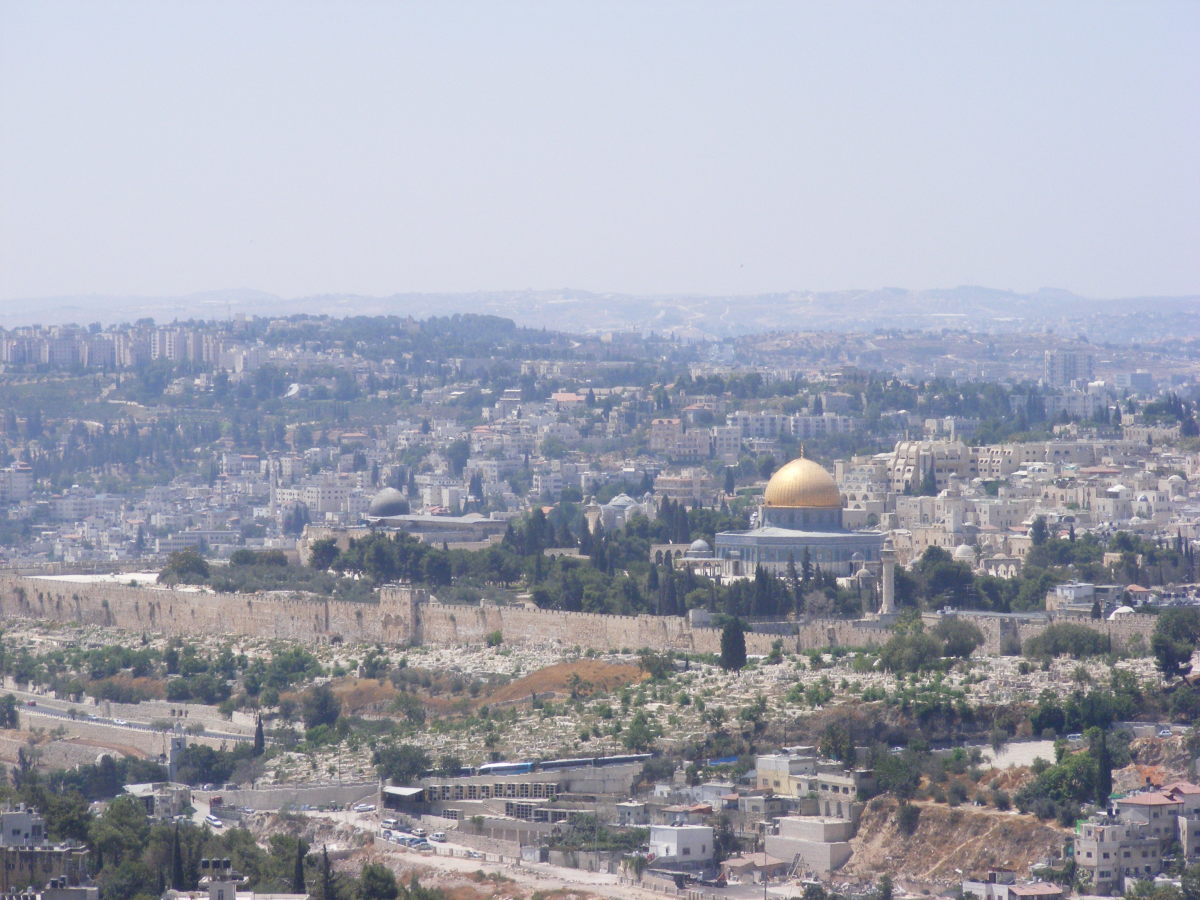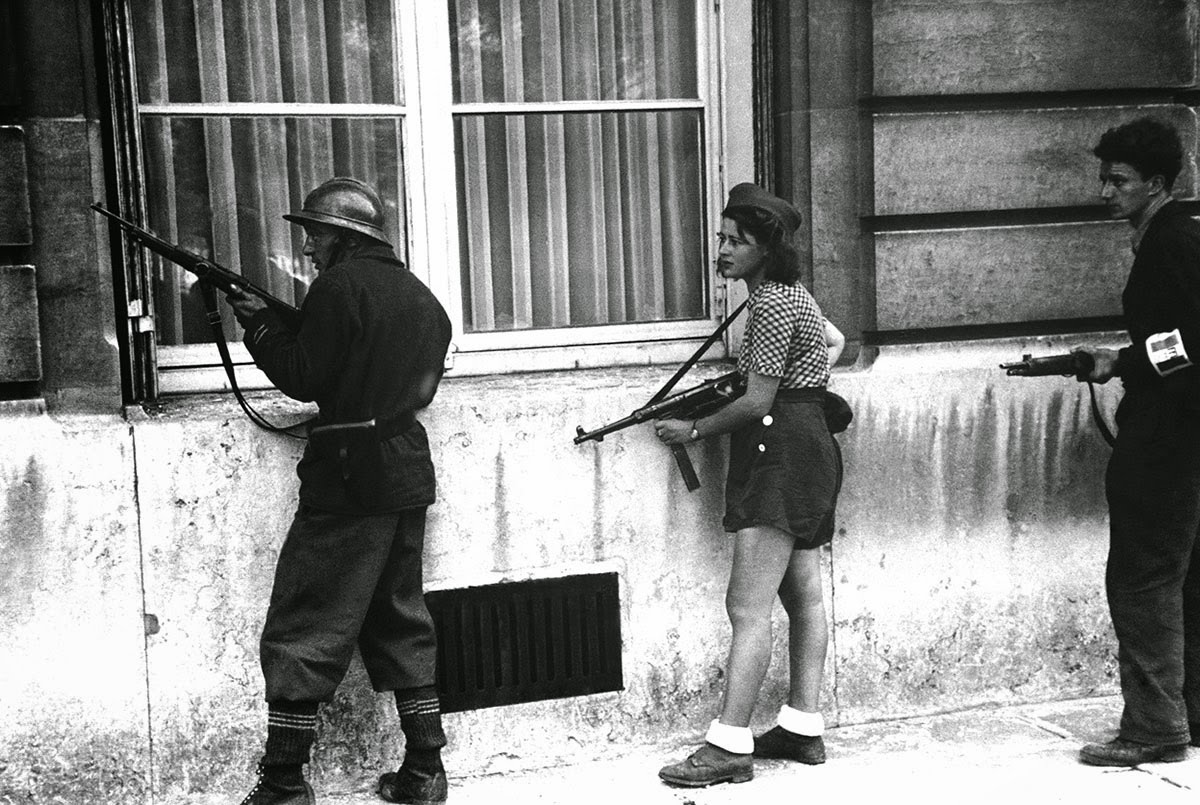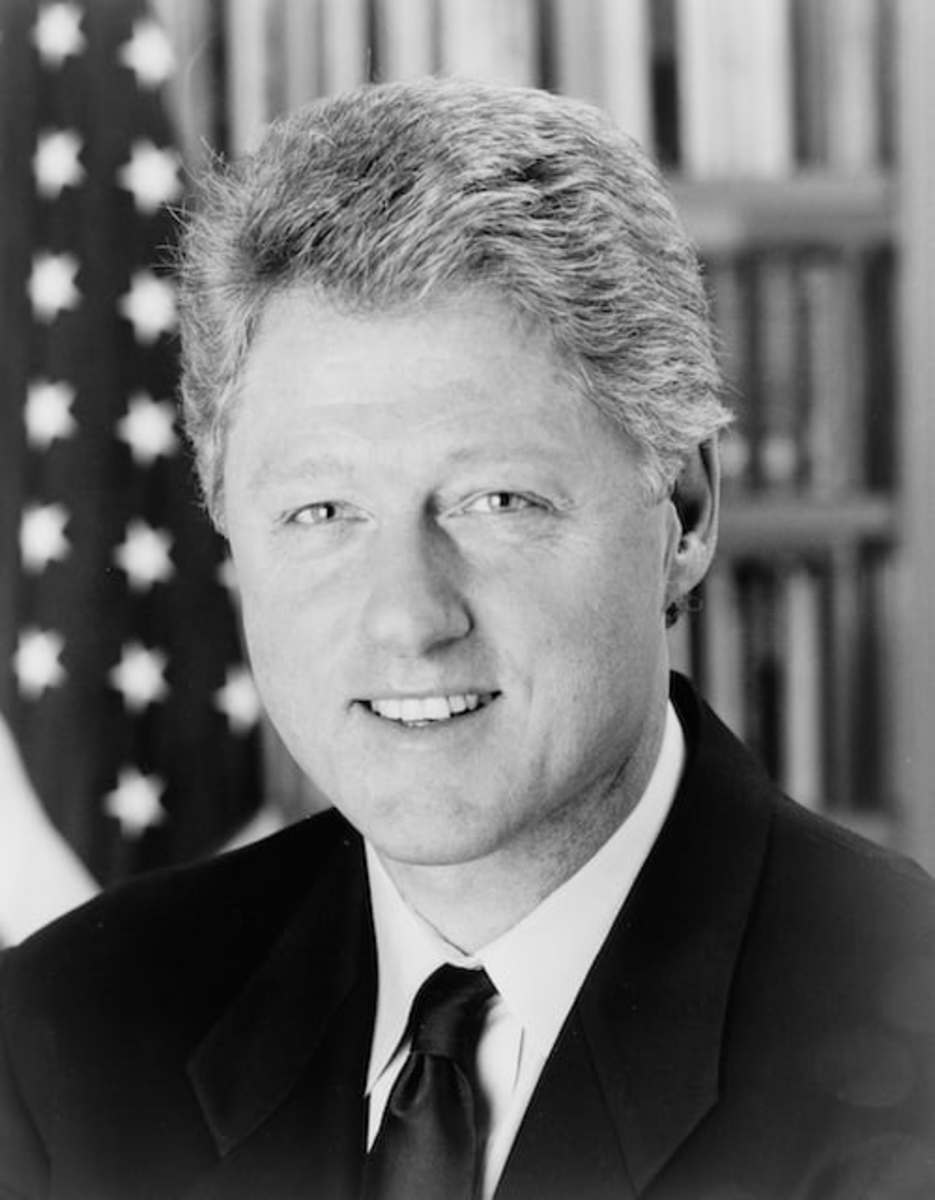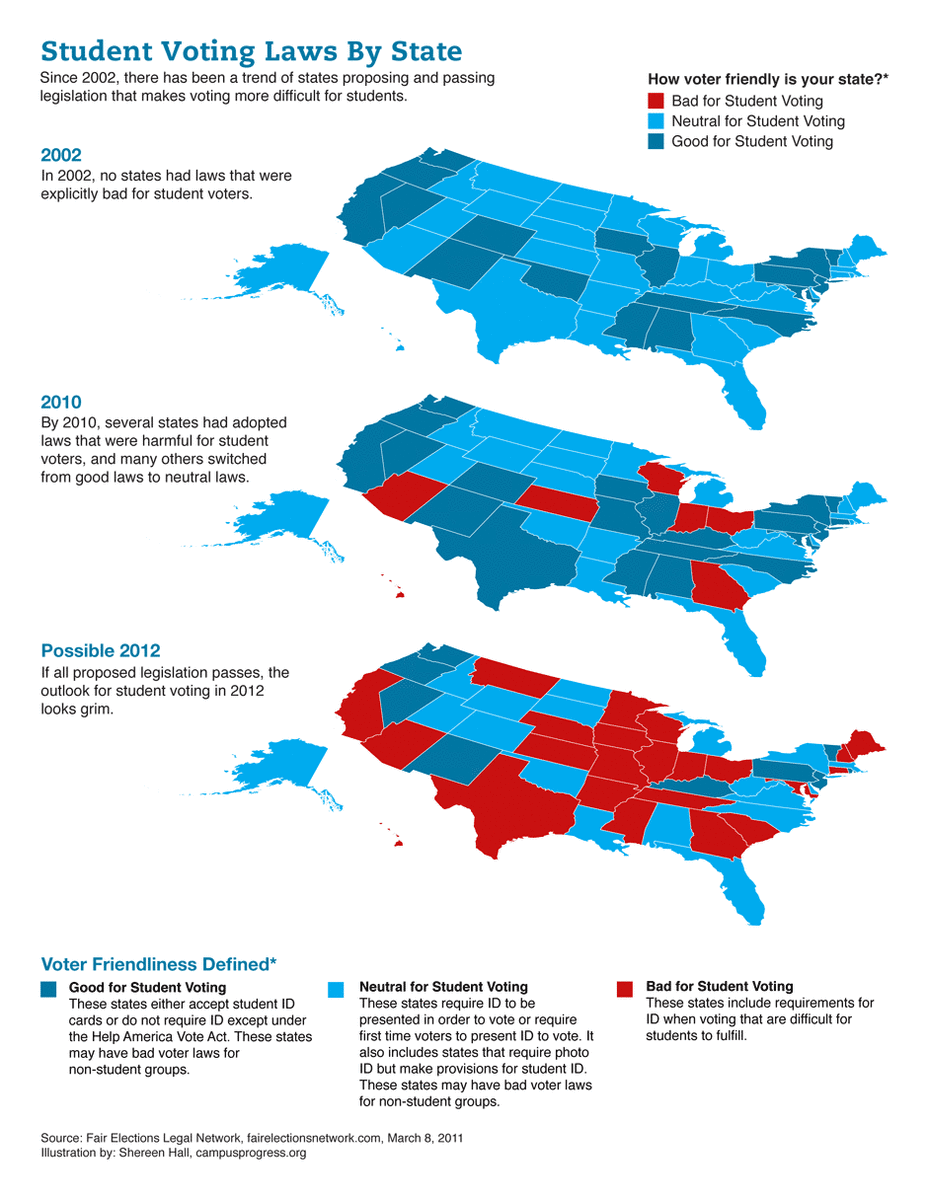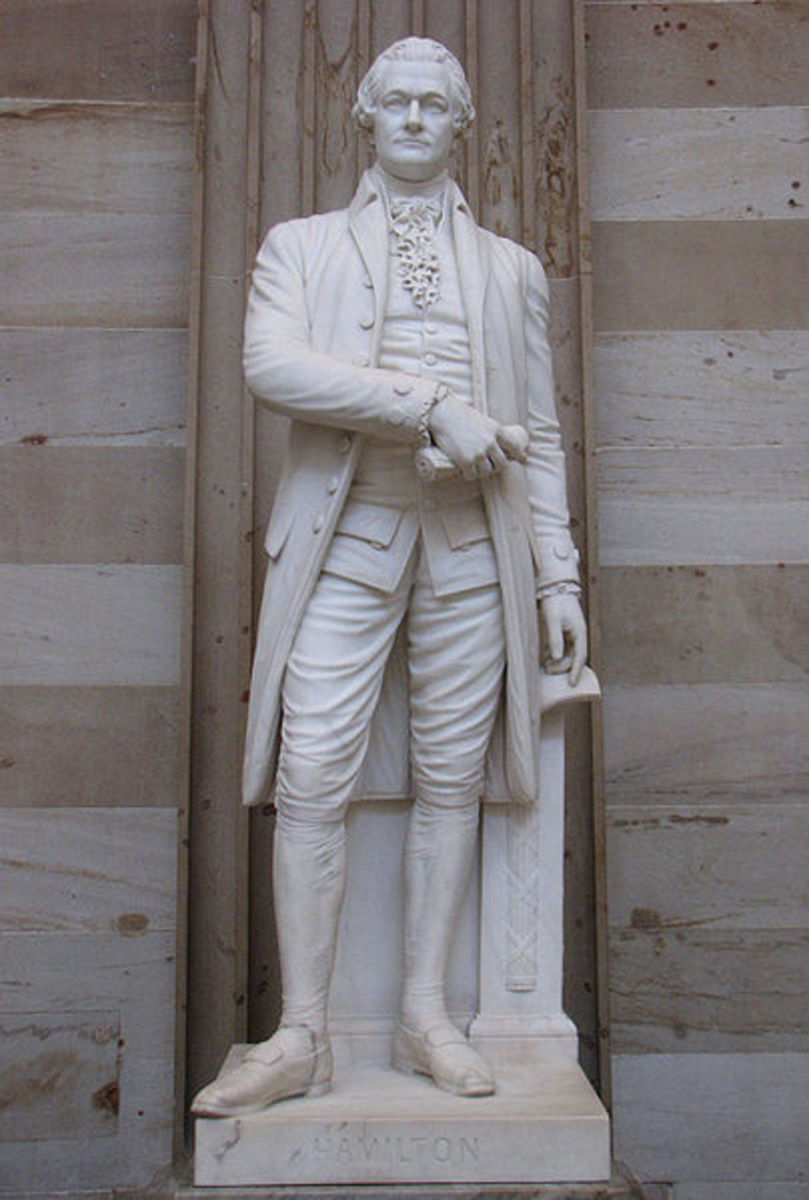On the Slogan "Neither America nor Iran"

Two days ago, Liz Slay (the "Washington Post" reporter in Beirut, who is truly the worst reporter or business reporter in our country for decades), tweeted the renewed protests in front of the Central Bank in Beirut, and expressed her rejoicing at the continued protest in Iran, Iraq and Lebanon. But what is the relationship between the protests in Lebanon and the protests in Iran or Iraq, and why did Algeria exclude, for example? Moreover, the link between the protests of Lebanon, Iran and Iraq shows a malicious intent by Western countries to exploit real reasons for protest. What did S-Slay do, is an insult to protesters and protesters in Lebanon, as it was a passing tweet that made them fuel in a Western plot against the enemies of Israel and America. It wanted to adopt, on behalf of the Zionist West, the protesters when they annoyed the enemies of Israel and America, as if there were no internal (economic - political) reasons for the protest. But how can we link the protests in the three countries, which are combined only by the presence of armed movements against the American and Israeli occupation in the Middle East? Is America's hostility towards these countries linked to a deep love for democracy, or a deep love for the Western and Israeli occupation and the prevention of any attempt to annoy it?
Also, a few days ago, an Arab newspaper published a picture of a (small) protest in Iraq, in which a protester held a sign reading: "The House of Representatives does not represent us." That is, the protester (who most likely sings for freedom as every protester sings anywhere in the world for whatever motivation - even if it is reactionary and fascist) wants to say that the decision of the Iraqi parliament (much later) is not expressed, and that the protester for freedom He wants the occupation to continue for more freedom. The norms and standards do not seem logical: How do you evaluate freedom in the presence of foreign occupation? Among all the bad decisions of the Iraqi parliament, this protester chose only the decision to expel the American occupation. This protester may consider himself a revolt, just as reactionaries, right-wingers, and liberals in Lebanon consider themselves revolutionaries, and others believe this and describe them as revolutionaries. This indulgence to describe the revolution and the revolutionaries is American manufacture. It was America that decided to characterize sectarian Hammerja on March 14, 2005, as a “Cedar Revolution.” Thus, the Lebanese people learned to call every movement that has a description of “the Revolution,” and any descent into the street - even if by a dozen boys - deserves to be described. Millions »If the slogans, whether in Lebanon or in Iraq, do not disturb the American and Israeli occupier and the Gulf ally. As for the crowds in the thousands protesting against America and Israel (in Yemen, Iraq, or Lebanon), they do not receive Western or Arab coverage in exchange for extensive coverage of a demonstration in dozens in Iran, Iraq, or Lebanon, if the slogans in them are consistent with American or Israeli interests.
In the Iraqi demonstrations over the past weeks, I was attracted by the spread of the slogan "Neither America nor Iran." This slogan is no different from what happened in Beirut during the uprising, when a committee in the Emiri Congress convened a listening committee to discuss the situation in Lebanon. The session included detailed interventions in Lebanon’s affairs, and in giving instructions to direct the intifada and set its course. The star of the session was, Jeffrey Feltman, who served as Assistant Secretary of State for Middle East affairs, before becoming political assistant to the Secretary-General of the United Nations (the American who holds this position is a referee, due to US funding, the true manager of the compliant Secretary-General). Some (trumpets of the Gulf regimes, such as Satei Noureddine, who readers remember when he advised that the inheritance of the Emir of Qatar to his father is the pinnacle of Arab democracy) tried to reduce the importance of Feltman's testimony, by reminding that he no longer holds an official position, as if the session did not witness multiple opinions of members of Congress, As if this former official is no longer contributing to the debate on foreign policy in the American capital. This session was accompanied by an American anti-interference in Lebanon’s affairs, and in calling on Iran to stop interfering in the affairs of the Arab world. It was the first direct and direct intervention of any state in the state of the uprising (some people are trying to compare this to a statement mentioned here or there by an Iranian official about Hezbollah or about the axis of the resistance). How did groups in the movement respond to this American intervention? There was extensive discussion between groups and individuals in the movement about the nature of the response. There was consensus on the necessity of a response, but the dispute arose directly over the nature of the response. Everyone agreed (with a few small exceptions by independent and progressive leftists) that the best response to the US intervention was to demonstrate in front of an office ... Gibran Bassil. The objection to the brazen American intervention turned to - again for those who had "revolution" only a revolution against Gibran Bassil - a protest demonstration against Gebran Bassil. The strange thing is that those who did this argued that the foreign minister’s duty is to object to external interference. This is a minister who insulted him and demanded his departure, but only in the place of protest against the American embassy did they decide that he is the best (and worst) who speaks for them? And this is at a time when the Lebanese Communist Party itself objected to the demonstration in Awkar and did not participate in it, and this was a major fall for it, whatever the excuses (some left have become alienated from a demonstration in which those who humiliated Israel on the battlefield and presented an experience of resistance must be on every left in the world To learn from it, no matter how great the March 14 media was, for malicious reasons, to exaggerate the "Jammul" experience, for its courage). This is the first demonstration in history against the interference of a foreign country taking place in front of the headquarters of the host country’s foreign ministry, not in front of the building of the embassy of the country that interfered in the affairs of the host country.
Introducing the slogan "No to America, not to Iran", is a slogan that serves the American occupation. As if raising the slogan "No to Swiss intervention, no to Syrian interference" in Lebanon, at the time of the Syrian regime's control of the country. The slogan seems funny, because there is no parallel between Syrian and Swiss interference at that time. The slogan in its presentation aims to suppress the Syrian intervention, if it is proposed. And just like him, some revolutionaries in Lebanon and Iraq wanted to obliterate the American intervention behind the slogan of rejecting the American and Iranian interference, as if the two interventions are parallel. Just as the slogan was raised by revolutionaries in Lebanon and in Iraq at the same time, it does not insult all the women and protesters, but it definitely refers to one kitchen in promoting slogans that serve and comfort American imperialism. This logic is the logic of the former (corrupt) president Michel Suleiman in repeating his dull faith in what he calls (a great joy in his role in one of the most heinous presidential experiences in the history of Lebanon) as "the Baabda Declaration." This announcement lies in claiming the possibility of neutrality in the ongoing conflicts. There are those who add that this slogan of neutrality does not include neutrality in the Arab-Israeli conflict. As if the state of Lebanon is waging and canceling daily battles against Israel, and in this it is not obligated to declare its neutrality against Israel. However, the state of Lebanon (with the exception of the experience of the presidency of Emile Lahoud) has maintained neutrality in the Arab-Israeli conflict throughout the history of Lebanon. Also, the Lebanese state today, which is subject to confrontations between many conflicting parties, does not provide assistance to the resistance and supports it only verbally, and in shy words (Gibran Bassil's announcement cannot be included in the name of his stream that he does not have a doctrine of hostility against Israel in the context of supporting the resistance).
The comparison between Iran's intervention and that of America is straightforward, as is the comparison between an ant and an elephant. The difference in the two interventions is in size and type. No country in the world can interfere, as America interferes, by virtue of its control of the capabilities of the universe, and its adaptation of all international and private institutions in favor of its colonization. The latter can intervene by imposing its command on the army and security forces, on the banking system and dictating its terms to it, and on sponsoring a foreign occupation of Lebanon. If the relationship between the state and its allies is an interference, then there are no allies for America. Iran is an ally of Hezbollah and seeks its advice, and it is not denied only the ignorant about Hezbollah, or the ruminant of Zionist propaganda, that Hassan Nasrallah is an actual and essential participant in the decision-making process at its axis, not only in the affairs of Lebanon but in the affairs of the entire region. Likewise, Qassem Soleimani was not commanding Nasrallah, but was equal to him, if Nasrallah's status was not higher, not only by virtue of his religious standing. Is there an ally of Saudi Arabia in Lebanon that Muhammad bin Salman is involved in making his decision? Is there an ally of America, such as Michel Moawad, for example, who is involved in the US government in making its decisions? In this sense, America has no ally in our region other than the Israeli occupying power. All the rest, regardless of their standing or fall, are appendices and followers who execute orders in exchange for political or economic services or money. After Walid Jumblatt documented his alliance with America, after the assassination of Rafik Hariri, he expressed surprise that America did not follow his advice regarding Syria and Lebanon. How does the American Empire not take the advice of a leader 70% of the 5% of the Lebanese population? America's close "ally", King Hussein bin Talal, was threatening once a year that he would forfeit his alliance with the US administration, every US administration, in the event that it did not follow his advice on the issue of the Arab-Israeli conflict.
There may come a day when Arab youth will rise under the daily pumping of Western colonialism, through the "NGO" culture, that "neither Israel nor Hamas", or "neither Israel nor its resistance"
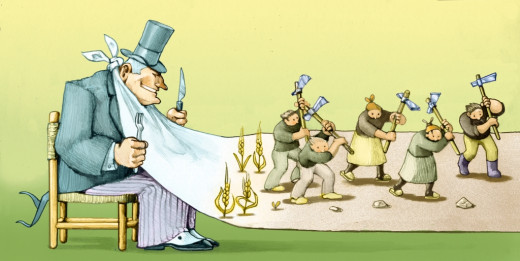
There are free allies in the Arab world for Iran. They believe in the doctrine of Wilayat al-Faqih and accept Iran's political and religious leadership. These are not Iranians, and they did not fight in Lebanon, for example, with Iranian orders, or because they wanted to contribute to the expansion of a Persian empire. As for America, it does not have free allies, because its agenda is related to it alone and not to an identical or integrated agenda between it and those who see themselves as allies. If America is ready to launch an economic boycott campaign in 2003 against France (an ally of the "American Revolution" in the era of independence) only because Jacques Chirac, who (for a while only) is open to opposing the American invasion in Iraq, then what about politicians in Arab countries?
Iraq has been a country occupied by the United States of America since 1991, but the occupation has become direct after the overthrow of a regime and the installation of a scattered system that cannot be a homeland one day so that Israel will not be threatened. Those who raise the slogan "We want a homeland" in Iraq forget that America destroyed their homeland and prevented it from knowing it. It allowed the establishment of states (in the name of ingredients), and chose the worst of the Lebanese model to follow in the dispersion of the Iraqi and Arab national identity. Some protesters in Iraq have destroyed the Iranian consulate, and chanted against Iran - and this is their right - with little anger against the American occupation. No, more than that: Last Friday, there were those who raised a new slogan there, in response to a direct threat by Trump that any call by the Iraqi government to withdraw the American occupation forces would be met with severe sanctions against the Iraqi people. The new slogan was: “We want a homeland. We want sanctions. ” Those who raised this despicable new slogan, do not deserve a homeland because they met a direct threat to the Iraqi people with their security, food, and livelihood, by begging not to proceed with the sanctions, that is, to submit to the will of the American occupier. Those who want to build a homeland (those who hold this slogan) want to build it according to the size of the American occupier. Is there anything that Iran can be blamed for on the level of what America did from invading Iraq, occupying it and killing a million of its people, then detailing a corrupt political system and insisting on perpetuating the occupation, on the pretext of the necessity of fighting an organization that no longer exists?
In Lebanon and Iraq, America’s allies parallel the slogan of rejecting regional conflict. The regional conflict is not new, and if we drew the nature of international relations in the Middle East since the Second World War, one could notice the changing roles, elements and parties of the regional conflict, with one exception. The only constant in these conflicts is the role of American imperialism. The latter was struggling, not only the Soviet Union, but also fought all the enemies of Israel and the forces of the left and Arab nationalism (except when interests coincided between them as happened in the coup against Abdel Karim Qassem). In other words, it is the US hegemony that has survived, while no other intervention has reached its level except for Israel and America's western allies. In the past, America condemned what it calls Jamal Abdel Nasser’s interference in the region, while it interfered to fight Nasser and to impose its allies. In 1985, the Camille Chamoun government was implementing a Western-Israeli scheme, while filing complaints with the Security Council against the interference of the Egyptian regime. This is the way the US interferes, so that someone believes that America’s interference is not so much as it is repelling the other. America always finds counter-intervention as an excuse.
Then, if we make a comparison between America’s interference in the Arab-Israeli conflict and Iran’s interference in it, the difference is that the former supports Israel and its aggression with money and weapons, while the second supports, with money and arms, the factions fighting Israel (including factions that do not embrace the religious belief system of the regime, Like the Popular Front Finally), regardless of the motives for this Iranian support. The slogan "No to the interference of Iran and America" means absolute recognition of Israel's sovereignty, without opposition or resistance to its will in the Arab region. He totally rejected Iranian interference, meaning that there will be no support for any resistance faction in the entire Arab world, while the symbolic "support" that is insulted by America to Arab armies will not be under the microscope of protest and protest. Those who say that Iran's interference in Palestine is a matter of Iranian expansion, do they have an Arab alternative that dares to offer a knife to a Palestinian fighter? Will Gulf regimes step up to support the Palestinian resistance factions with money and weapons? These regimes abide by everything that America orders and cover the Arab-Israeli conflict from the perspective of the American Zionist interest. The former Emir of Qatar entered into serious negotiations to sell Al-Jazeera station to one of the most prominent Zionists in America and Israel (Haim Saban). It is no accident that hosting Israeli officials and media on the Gulf stations - which have broken a fundamental ban since 1948 - has become a necessity for Arab media supplies. The coverage of the "Arab" station (which many Arabs call "Hebrew") is not at all different from the Western Zionist stations covering the Arab-Israeli conflict. The former Emir of Qatar entered into serious negotiations to sell Al-Jazeera station to one of the most prominent Zionists in America and Israel (Haim Saban). It is no accident that hosting Israeli officials and media on the Gulf stations - which have broken a fundamental ban since 1948 - has become a necessity for Arab media supplies. The coverage of the "Arab" station (which many Arabs call "Hebrew") is not at all different from the Western Zionist stations covering the Arab-Israeli conflict. The former Emir of Qatar entered into serious negotiations to sell Al-Jazeera station to one of the most prominent Zionists in America and Israel (Haim Saban). It is no accident that hosting Israeli officials and media on the Gulf stations - which have broken a fundamental ban since 1948 - has become a necessity for Arab media supplies. The coverage of the "Arab" station (which many Arabs call "Hebrew") is not at all different from the Western Zionist stations covering the Arab-Israeli conflict.
But there is a parallel to the American and Iranian interference. The two sides imposed corrupt and sectarian politicians, and they accepted them because they were following orders. Some of these were double-obedient between Iran and America. Nuri al-Maliki, he was asked to attend a weekly video session in order for George Bush to give him lessons and orders. Nuri al-Maliki, and other graduates of the occupying occupation council of Bremer, became openly at the axis of the resistance because the American occupier abandoned it, just as in Afghanistan it abandoned the puppet, Hamid Karzai. The Iraqi people have the right to complain and protest against those who were supported by Iran in power, and against those who were supported by America in power. But there are among the Baghdad revolutionaries who are demanding Ayad Allawi (one of the most corrupted Iraqi politicians and the most mobile in the states among foreign intelligence) or the Sheikh Ali, who claims in his analysis of American peace that America did not fire a single bullet in the Cold War (and Sheikh Sheikh Ali is praised in praise Democracy in the press of the princes of the House of Saud).
America did not leave Iraq voluntarily. The Iraqi government rejected an American request to stay forever, and that was the reason America abandoned those who failed it. She returned to Iraq, after the army she trained in front of ISIS collapsed, and the army she trained in Afghanistan collapsed in front of the "Taliban". She returned and settled in Iraq, after she built a fortress for her in an embassy attire, and the Marines were ready to shoot against the protesters in front of her a few days ago. The American administration decided from its bases in Iraq to bomb the Baghdad Civil Airport, to kill an official in another country without notifying the Iraqi government. And when the Iraqi parliament decided not to agree to allow the American forces to remain, America threatened Iraq, and announced its explicit rejection of the House of Representatives decision (and there are protesters who came out with a banner insisting that the Iraqi parliament does not represent them: that is, the American occupation represents them more).
A day may come when Arab youths raised under the daily pumping of western colonialism, through the "NGO or" culture, will raise "neither Israel nor Hamas" or "neither Israel nor to resist it", and the last slogan has been at the heart of the March 14 ideology since The year 2005. The slogan "neither for Israel nor for its resistance" means only "yes to Israel", just as the slogan "neither for Iran nor for America" only means "yes to the permanence of the American occupation", because America’s interference is not considered an interference in their tradition. Those who raised the slogan "neither America nor Iran" only burned an Iranian consulate and did not participate in the attack on the American embassy, because its interference is not condemned. America wants to make its occupation everlasting in our country, and it says frankly that it will not leave even if the governments demand it to do so, and there are among Arab youths who help it achieve its goals, with the slogans of "freedom", "revolution" and "sovereignty". Didn't America impose its tyranny and tyranny in the Cold War against Communism in the name of freedom? Did it not support the ugliest despotic regimes in our country in the name of freedom? When a country has the ability to dominate and dominate like America, then one can think of raising a slogan that parallels America’s interference with that of others.
More Topics On:
- Iran's Cyber Attacks and Important U.S. Sectors
- American Sanctions Expected on Businessmen, Bankers and Politicians for Corruption
Al-Hariri "decided" that his phone would only answer a direct call from Nasrallah calling him to head the government - Why Washington Takes Hariri out of the Race?
- Challenges of Rising Powers
From the eighties of the twentieth century until today, the term "emerging powers" is being deliberated to refer to countries in which the conditions of economic, political and institutional readiness are prepared to emerge from the cycle of underdev - Imperial Political Concepts
The United States has redoubled its efforts, since the 1980s, during the beginning of the neoliberal expansion during the era of Ronald Reagan, to contain the entire globe, to change the main political concepts considered and used by the global left - A Parliamentary Movement to Isolate Barham Saleh?
Parliamentary sources indicated, in her talk to "News", that the charge against Saleh is to violate the constitution and circumvent its articles, specifically Article 76, which stipulates that "the President of the Republic is assigned the candidate
This content is accurate and true to the best of the author’s knowledge and is not meant to substitute for formal and individualized advice from a qualified professional.
© 2020 Hafiz Muhammad Adnan

